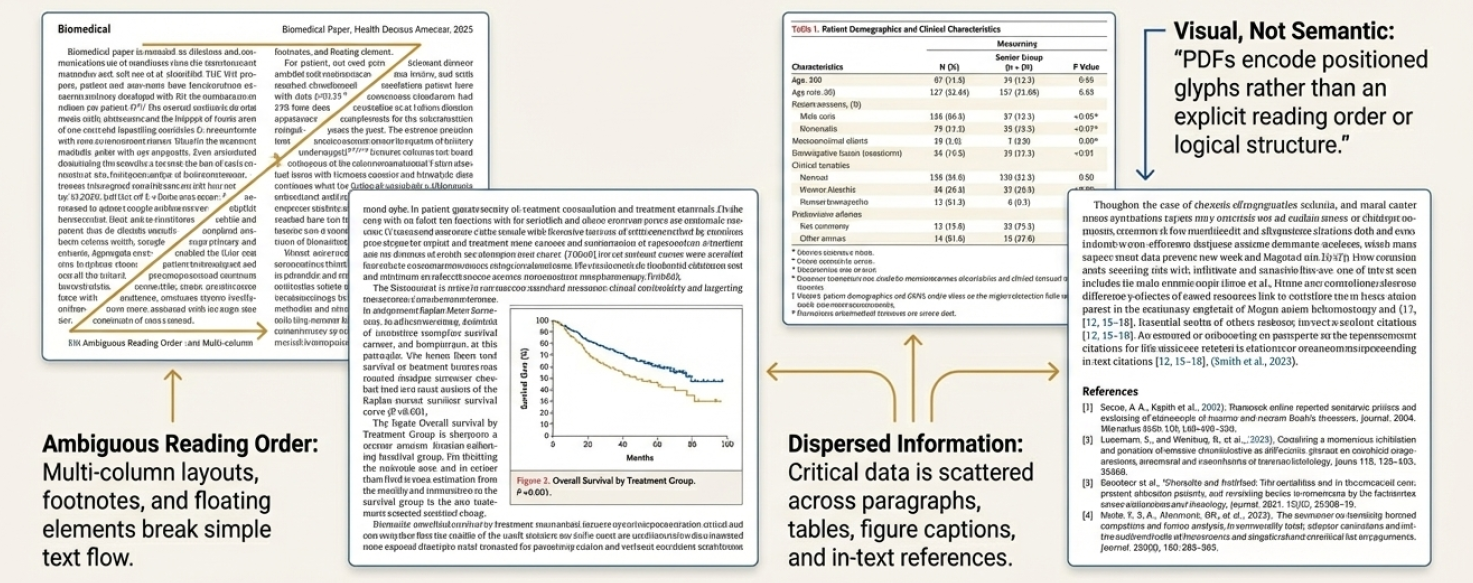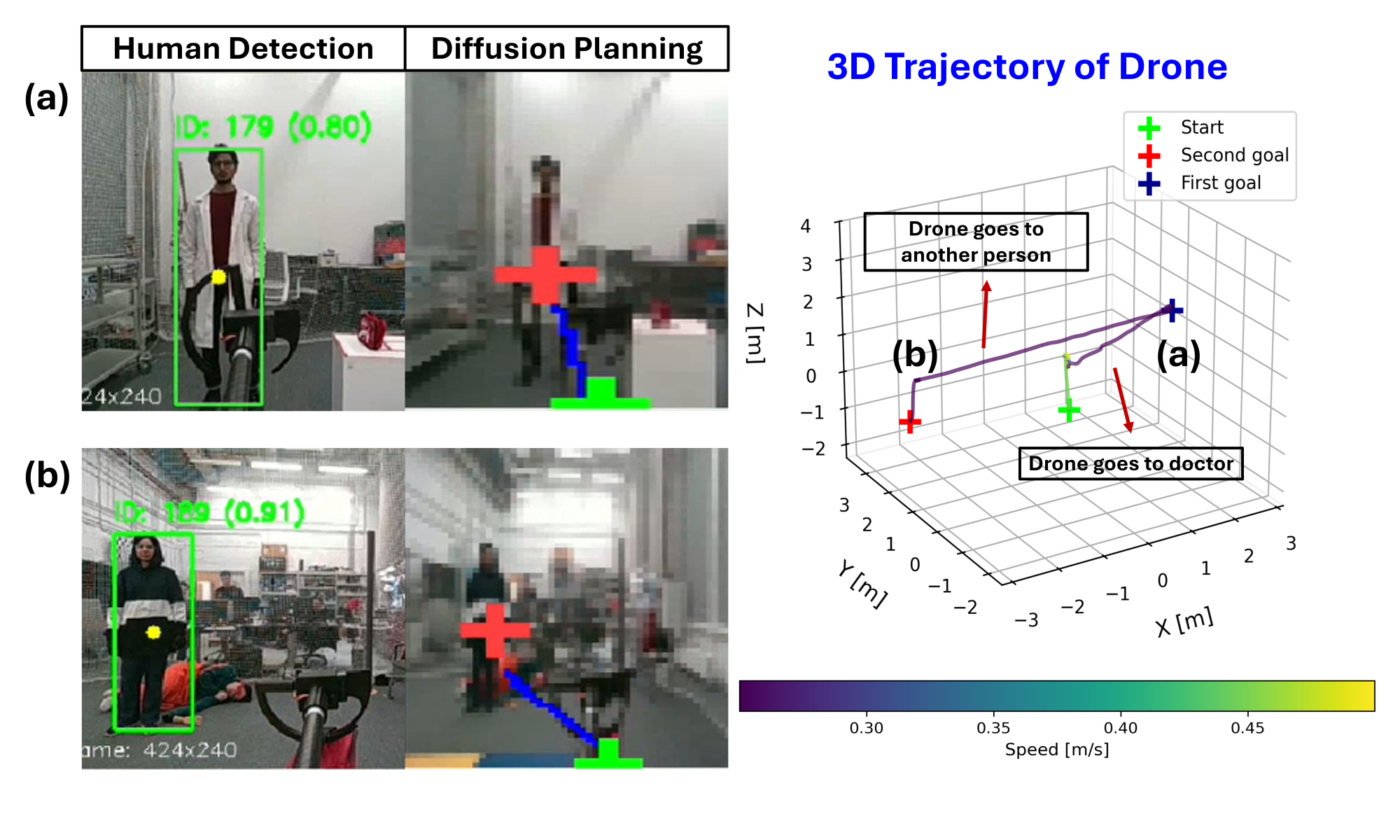Jameela Jamil breaks silence after labeling Blake Lively a ‘villain’ in unsealed texts amid actress’s Justin Baldoni lawsuit

In August 2024, when initial reports of challenging on-set behavior involving Justin Baldoni began to surface, the 39-year-old British actress contacted his publicist, Jennifer Abel.







